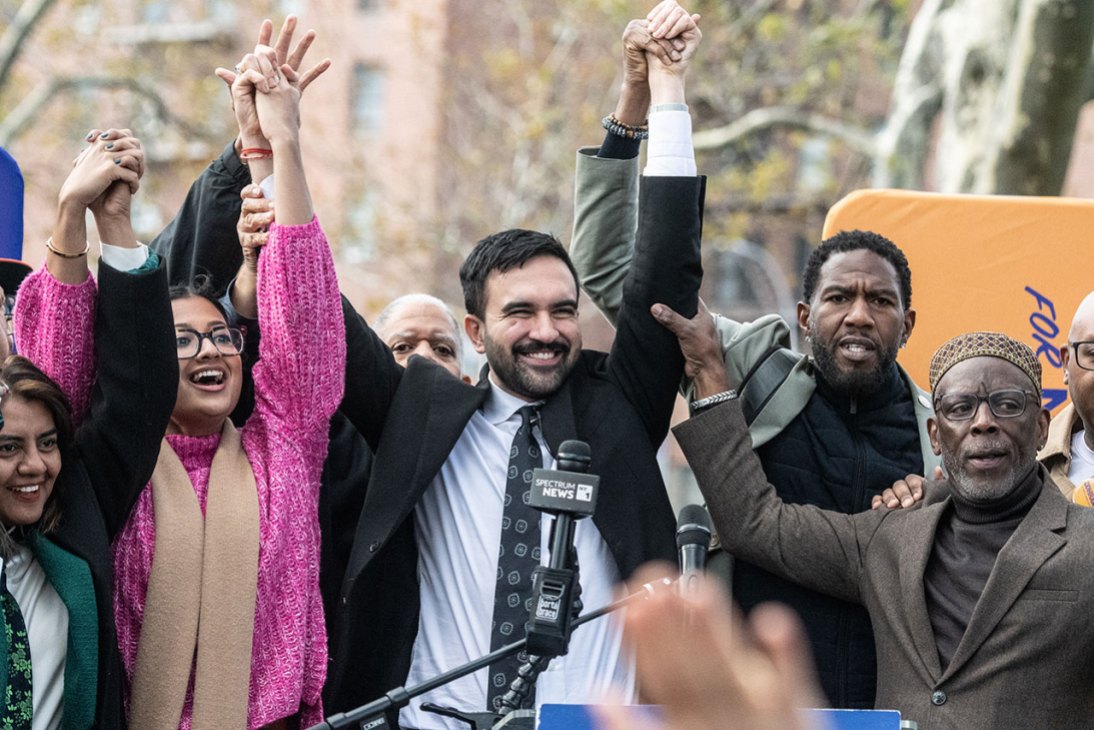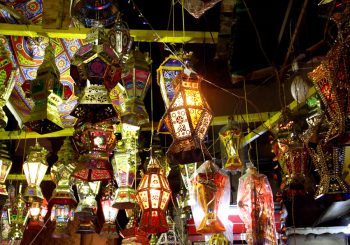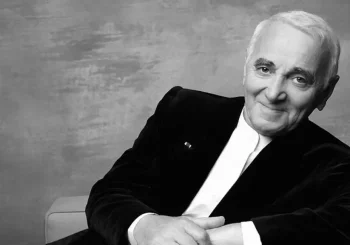In a historic result that has reshaped the political landscape of America’s largest city, Zohran Mamdani, 34, has been elected mayor of New York City. His victory makes him the city’s youngest mayor since 1892, its first Muslim mayor, and its first mayor born in Africa.
The self-described democratic socialist was relatively unknown just months ago. Yet his campaign, built on promises to tax millionaires in order to fund expanded social programs, captured the attention and hopes of a city grappling with rising inequality. Mamdani’s victory came against two major rivals: independent candidate and former governor Andrew Cuomo, and Republican Curtis Sliwa.
President Donald Trump had threatened to cut federal funding to New York City if Mamdani won, accusing him of being too radical. But Mamdani’s message of fairness and opportunity appeared to resonate with voters seeking change, particularly younger and working-class New Yorkers who have grown frustrated with the status quo.
A Historic and Unlikely Journey
Mamdani’s story is as remarkable as his victory. Born in Uganda to Indian parents who fled the authoritarianism of Idi Amin, he grew up with a keen awareness of displacement and justice. His mother is celebrated filmmaker Mira Nair, and his father is renowned academic Mahmood Mamdani, both of whom shaped his global outlook.
After completing his schooling in Uganda and the United States, Mamdani attended Bowdoin College in Maine, where he studied economics and political theory. While there, he also pursued creative interests, performing as a rapper under the stage name “Young Cardamom.” His music, often witty and socially aware, offered an early glimpse of the political voice that would later define him.
While at Bowdoin, Mamdani wrote for the college newspaper, touching on subjects that ranged from dance etiquette to race relations. In the summer of 2013, he studied Arabic in Egypt, where he witnessed firsthand the tensions that preceded the ouster of then-President Mohamed Morsi. In an article he wrote at the time, Mamdani reflected on Egypt’s political divisions, drawing attention to the power of grassroots movements and the dangers of polarization.
A Platform for the People
Mamdani’s campaign revolved around an ambitious and unapologetically progressive agenda. He pledged to introduce new taxes on the city’s wealthiest residents to fund universal childcare, free public buses, and expanded affordable housing. His proposals were inspired by his work as a state assemblyman from Queens, where he built a reputation for advocating rent freezes, climate justice, and labor rights.
Describing himself as a democratic socialist, Mamdani sought to reimagine New York as a city that serves its working people rather than the powerful few. His message was amplified by grassroots volunteers and organizations who knocked on thousands of doors across the five boroughs, framing the election as a choice between the politics of privilege and the politics of the people.
Reactions and the Road Ahead
Mamdani’s election has been met with celebration from progressives and members of the Muslim and African diasporas across the world. For many, his win represents a breakthrough moment for representation in a country where Muslims have long faced systemic barriers to political power.
However, his victory also presents enormous challenges. Implementing his sweeping social agenda in a city as complex as New York will require building coalitions and navigating powerful institutional and financial interests. Trump’s threat to withhold federal funding adds further uncertainty to what will already be a politically charged start to his administration.
For Egyptian readers, Mamdani’s journey carries a particular resonance. His connection to Egypt, where he studied Arabic and reflected on the dynamics of revolution and reform, underscores the interconnectedness of struggles for justice around the world. His story is a reminder that politics, like identity, transcends borders, and that the voices of those once on the margins can rise to shape the future of great cities.







Comments (0)